Last week we awarded our annual £500 prize for the best Loop blog piece in the previous calendar year, as judged by an independent jury. Here, Managing Editor Kate Hawkins presents the longlisted pieces — and reveals the very special winner
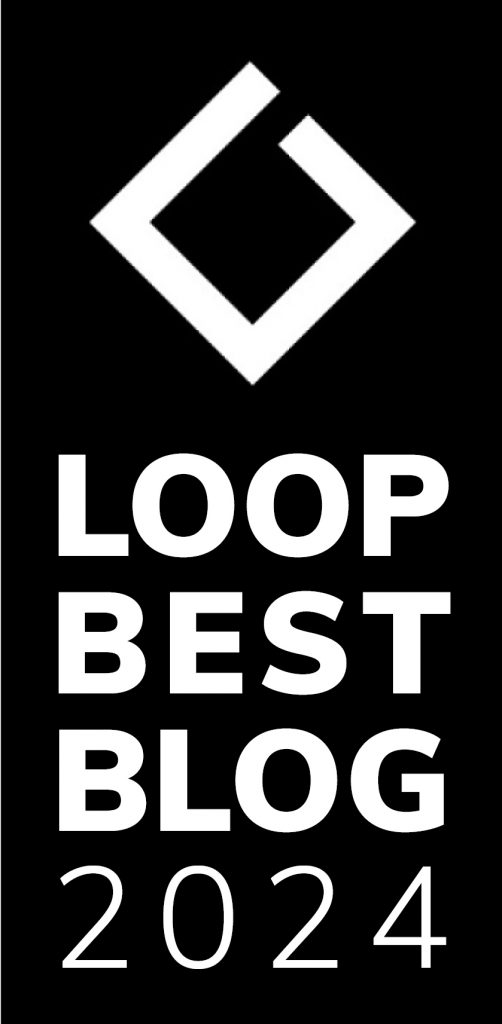
The Loop's annual award allows our team to showcase blogs with particular relevance to current events; to honour pieces likely to influence political opinion; and to highlight those which might have particular appeal to a readership beyond academe.
By the end of 2024, the editorial team had assembled a longlist of fourteen impressive blog pieces. Our three-member Jury then scrupulously assessed each one, awarding marks out of ten for originality, readability, and real-world significance / relevance.
Prize rules dictate that if a series-linked blog piece wins, we may not nominate pieces in that series the following year. Last year's winner was Brandon Mack's excellent contribution to Hans Asenbaum's thread on 🎭 Democratic Transformations, ruling that series out of the running in 2024.
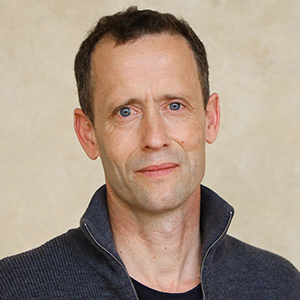 | Benjamin Carver teaches English research writing and communication at European University Institute's Centre for Academic Literacies and Languages. He gained his PhD in literary history in 2012 from the University of Exeter, with a thesis that was published by Palgrave as a monograph in 2017. | |
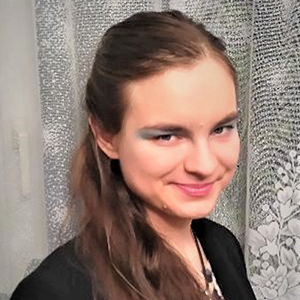 | Aleksandra Spalińska coordinates the Multiplicity Project. She is an Assistant Professor at the Polish Academy of Sciences, a Visiting Fellow at European University Institute, and a Research Associate at the University of Sussex. Research interests include IR theory and concepts, and polity formation theory. | |
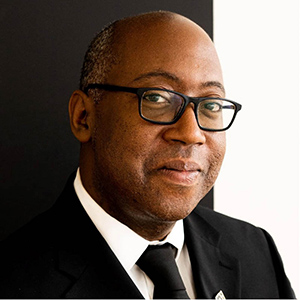 | Brandon Mack — winner of the 2023 Loop Best Blog Prize — is an activist / educator / entrepreneur and 'angelic troublemaker' based at the University of Houston, Texas. His research focuses on support services for LGBTQ+ students at historically Black colleges and universities in the US. |
Jurors scored each piece independently, against the three key qualities, to arrive at the following shortlist of highest-scoring blog pieces:
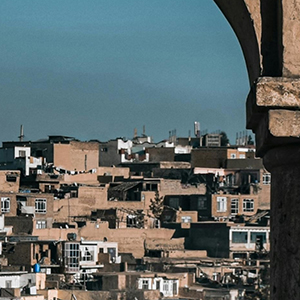 | UN collusion with the Taliban is betraying Afghan women August 2024 marked three years of attacks on women's rights and freedom of movement under the gender-apartheid Taliban. Priscyll Anctil Avoine and Lida Ahmad argue that, during the meeting in Qatar, the UN failed to uphold the principles enshrined in its charter. |
 | Emergency room abortions in the US: doctors’ objections trump patients’ lives How has the fall of Roe v. Wade affected healthcare for pregnant Americans? Payton Gannon and Danielle Pullan explain the most recent Supreme Court cases and contextualise them within the broader global discussion on conscientious objection and religion in healthcare. |
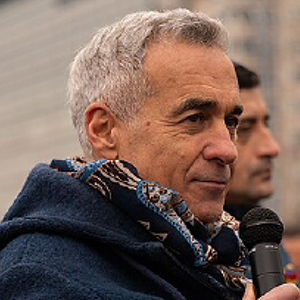 | How Călin Georgescu's TikTok tactics rewired Romanian politics In an unexpected twist to Romania’s 2024 presidential election, the virtually unknown Călin Georgescu emerged as a serious contender. Mimi Mihăilescu argues that Georgescu's ascent, marked by a sophisticated disinformation strategy, reveals the vulnerabilities of politics to social media manipulation. |
When the results were in, Priscyll Anctil Avoine and Lida Ahmad's piece on UN betrayal of Afghan women had accumulated the highest score. In their laudation, Jury members told us they 'particularly admired this blog piece’s social and political relevance, timely nature, and excellent writing... It makes full use of the form’s freedoms to link research findings to political conviction, and powerfully confronts the double standards of states and political institutions in clear, impactful prose. [Priscyll and Lida's] piece explains the impact of Taliban policies on other marginalised communities, while focusing specifically on their impact on Afghan women. It covers an impressive amount of ground, without ever becoming thinly argued.'
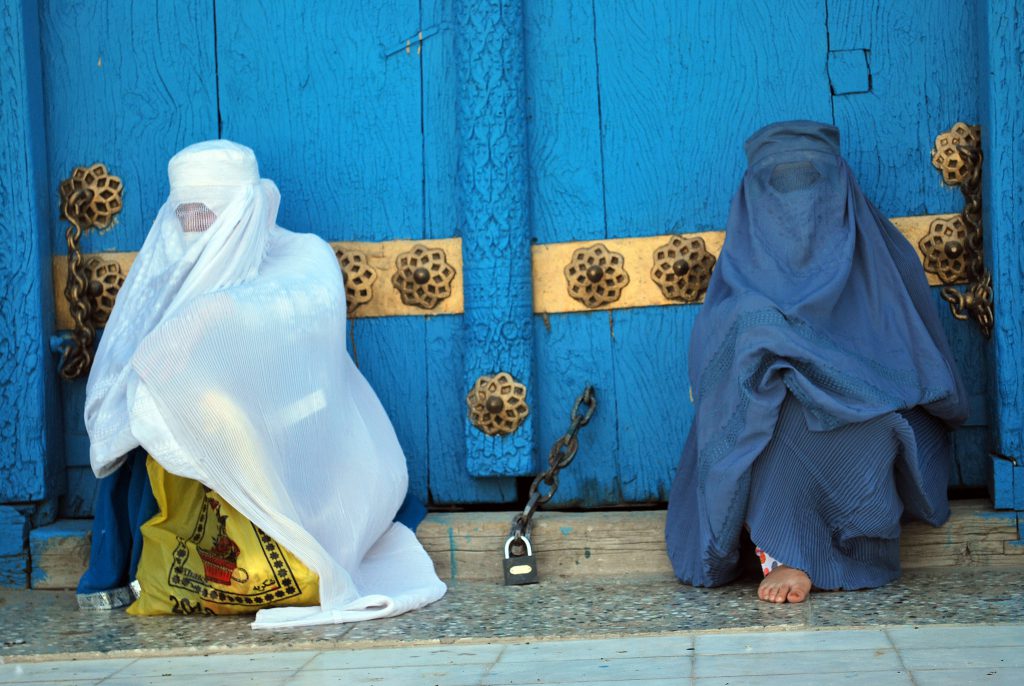
Lida has many years' experience working on women’s rights and gender-based violence in Afghanistan, where she has also been involved in activist campaigns. Co-author Priscyll is a specialist in feminist security studies at the Swedish Defence Academy. On learning of their win, they told us:
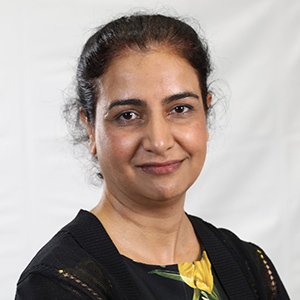
Receiving this award has made me very happy; not only because we won, but because the voice of women in Afghanistan is finally being heard. For more than three years, Afghan women have been deprived of their fundamental right to education. I accept this award on behalf of women fighting for their rights under Taliban rule, and risking their lives to organise secret education for Afghan girls.

This award means so much to us as researchers and activists for women’s rights. It testifies to the political and social urgency of denouncing the blatant human rights violations that women, girls and feminised bodies are suffering in Afghanistan. I join Lida in extending this acknowledgement to the collective struggle of Afghan women, and to all people living under oppressive regimes.
Our heartfelt thanks to all nominated authors, and to this year's worthy winning pair.